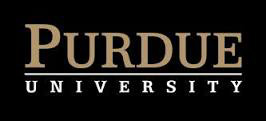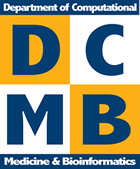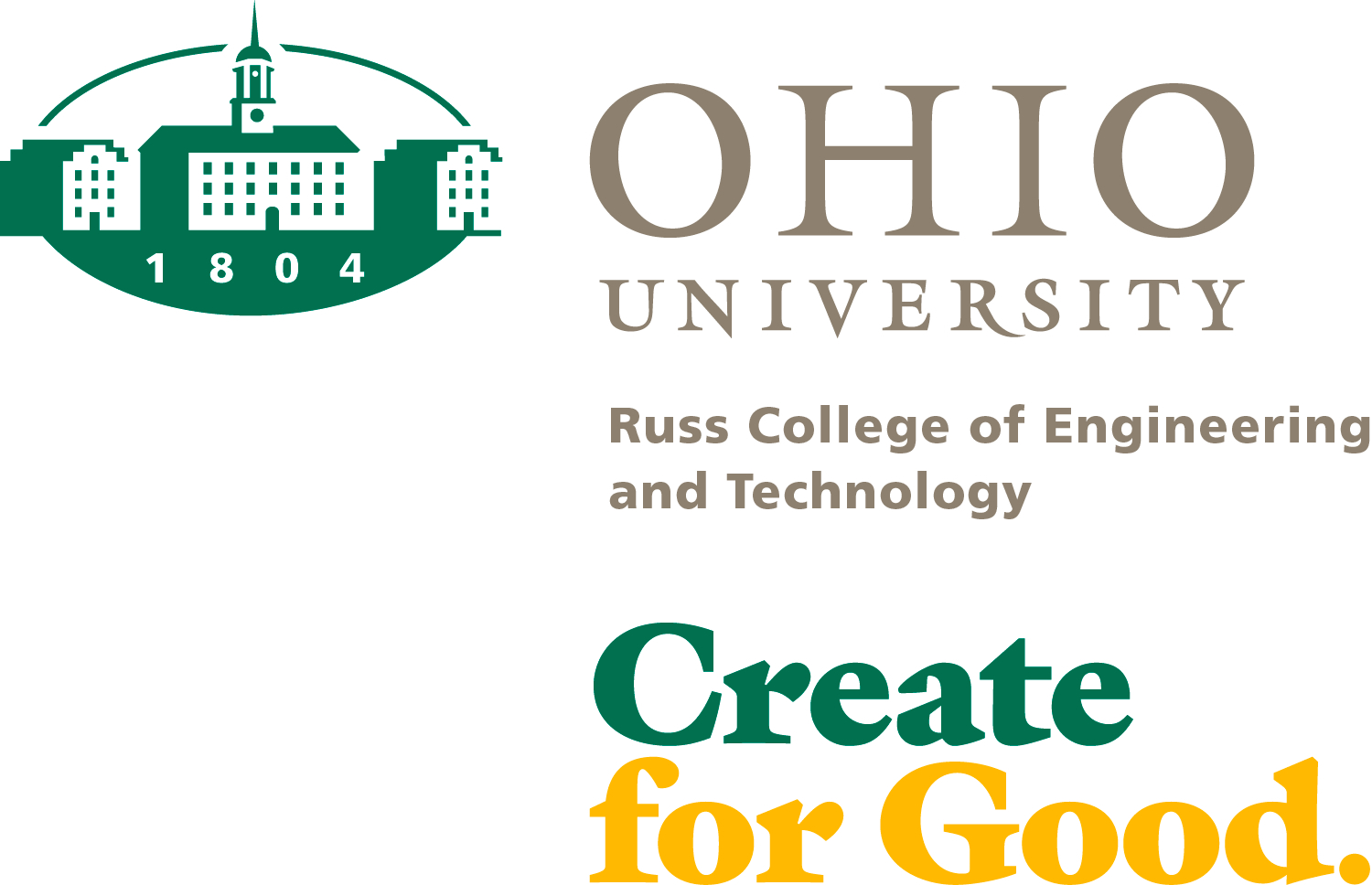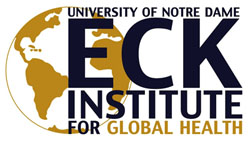We require that in-person presenters upload a pdf AND an mp4 so that our virtual attendees get the most from your work. This also serves to extend the life of your work so that all attendees are able to watch it on-demand after the conference
Files will be uploaded to the virtual conference platform. The video is part of the video library and all registered delegates will be able to view their poster through the conference platform. Only in-person poster presenters are required to have a physical poster to display in Hong Kong
Posters cannot exceed 74" x 37" (190cm x 95cm)

Click to enlarge
Nearby printing stores include:
- Ngai Mei Book Shop
Shop B, G/F Fung Lam Building
35 Pok Fu Lam Rd, Hong Kong
https://maps.app.goo.gl/qjDMEm8d4Seqagrv7?g_st=ia - Wang Chi Company
Shop 8, G/F, Sai Ying Pun
138 Third St, Sai Wan, Hong Kong
https://maps.app.goo.gl/aepeM6kheFvxpcGP6?g_st=ia - Ngai Mei Fast Printing Centre
Shop C
36 Pok Fu Lam Rd, Sai Wan, Hong Kong
https://maps.app.goo.gl/Mdrp1aNqvWQFnc9B7?g_st=ia
For optimal viewing, the videos should be recorded in 720p - 1080p and there is no limit on file size. Details on preparing your poster recordings can be found at the Presenter Information page.


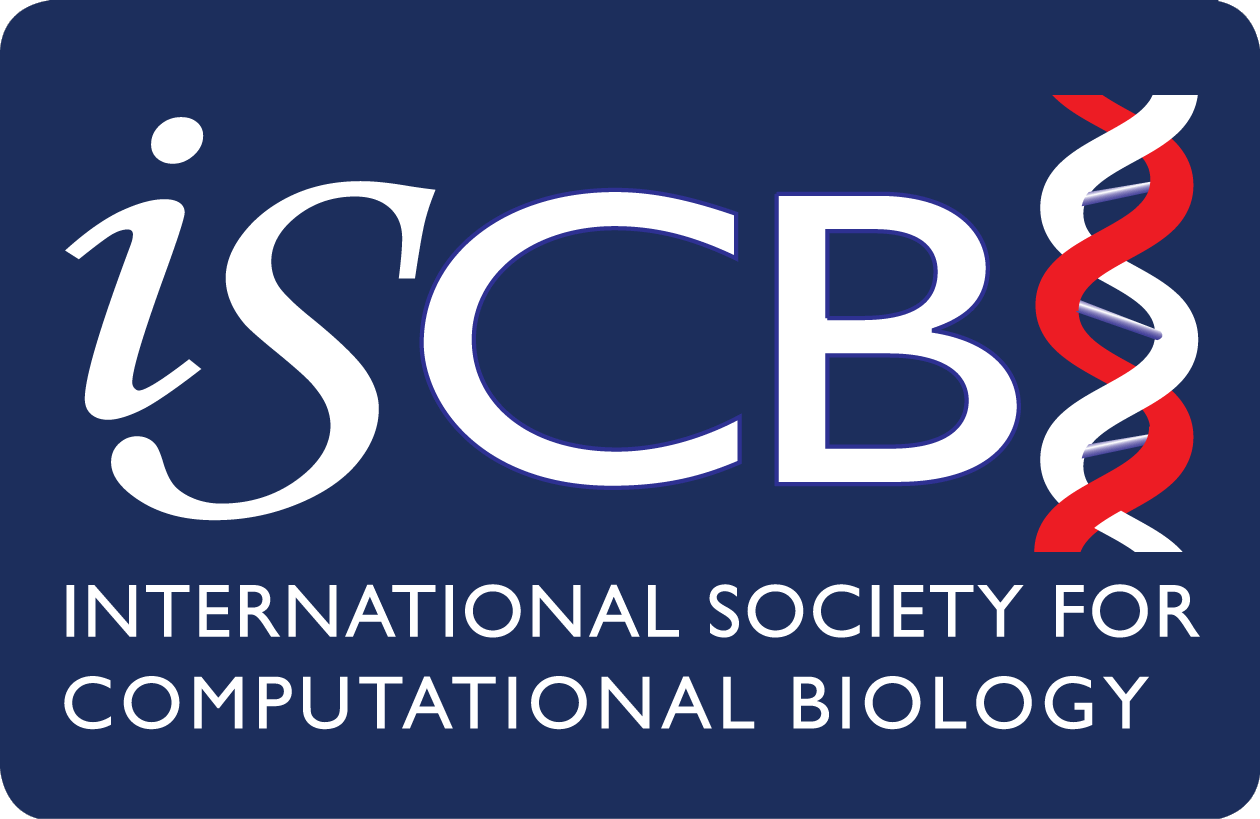



GIW/ISCB Asia Sponsorship Program
Get ready for a customized sponsorship experience!
Interested in partnering with us for sponsorship opportunities? Let’s explore how we can work together to create a memorable and impactful experience.
2025 Prospectus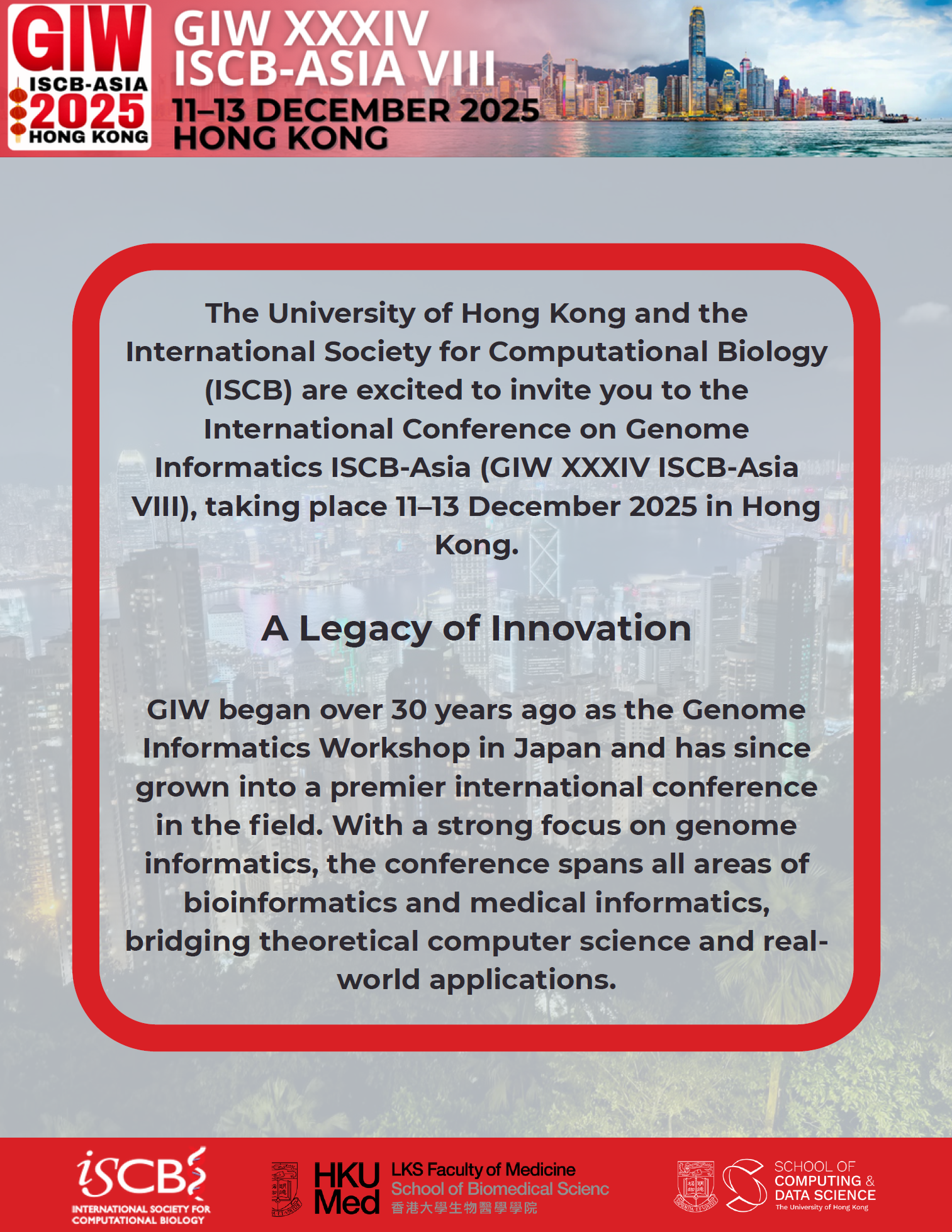
Click to download pdf
Funding Information
GIW ISCB-Asia 2025 leadership is pleased to offer conference fellowships to ISCB members who are early career researchers (>10yrs post degree), postdoctoral fellows, or students. Conference fellowships are limited and we regret that we are not able to fund all applicants. The conference organizers are committed to providing support to as many eligible applicants as possible. Conference fellowship consideration is based on the criteria listed below.
Application Overview
- Applicant MUST BE a member of ISCB to be eligible for funding.
- Early career must be within 10 years post-degree
- All applicants must attend all conference days and secure additional funding from other sources in order to be able to cover the full costs of attending the conference.
- The deadline to submit a fellowship application is October 1, 2025 (End of Day, Anywhere on Earth) *no extensions*
Maximum Award Amounts
ISCB Fellowship award amounts will depend on the source of funding. Some sources will provide the exact amount of registration. For others, the amount will be a maximum of $500 USD, plus the cost of registration. Please note that funded applicants will only be able to cover approximately 50% of the expense of travel with these fellowship amounts. Thus all applicants must seek and secure additional funding sources (e.g., from your home institution/university, or grant funding) and a letter regarding this additional funding is required in PDF format as part of your application.
In order to travel to Hong, there are certain entry requirements you must meet depending on the country you reside in, hold citizenship in, or have a passport for.
Many countries can visit Hong Kong for a visa-free period of between 7-90 days. However, some countries will require a visa for a visit spanning any time.
You can check if you need a visa and if you meet basic eligibility requirements HERE.
For those who require a visa, it normally takes four weeks to process a visit/transit visa/entry permit application upon receipt of all the required documents, so it recommended that you apply timeously to ensure you are able to receive your visa on time.
You can apply for a visa online using this service. The list of documents you will need to provide online is also available here. They also have a helpful page for FAQs about online application for entry for visit/transit in Hong Kong.
Please refer to the Hong Kong Immigration Department webpage for additional links and information.
You can also visit the IATA TravelCentre website, input information about your trip, and receive details about what immigration and health requirements must be met.
Pre-Arrival Registration
Indian nationals can enjoy a visa-free visit of up to 14 days, but are required to apply for and successfully complete pre-arrival registration (PAR) online before they can visit the HKSAR visa free. Please click HERE for details of PAR.
Invitation Letter
Download your personal invitation letter HERE. This can also be used for visa purposes.
